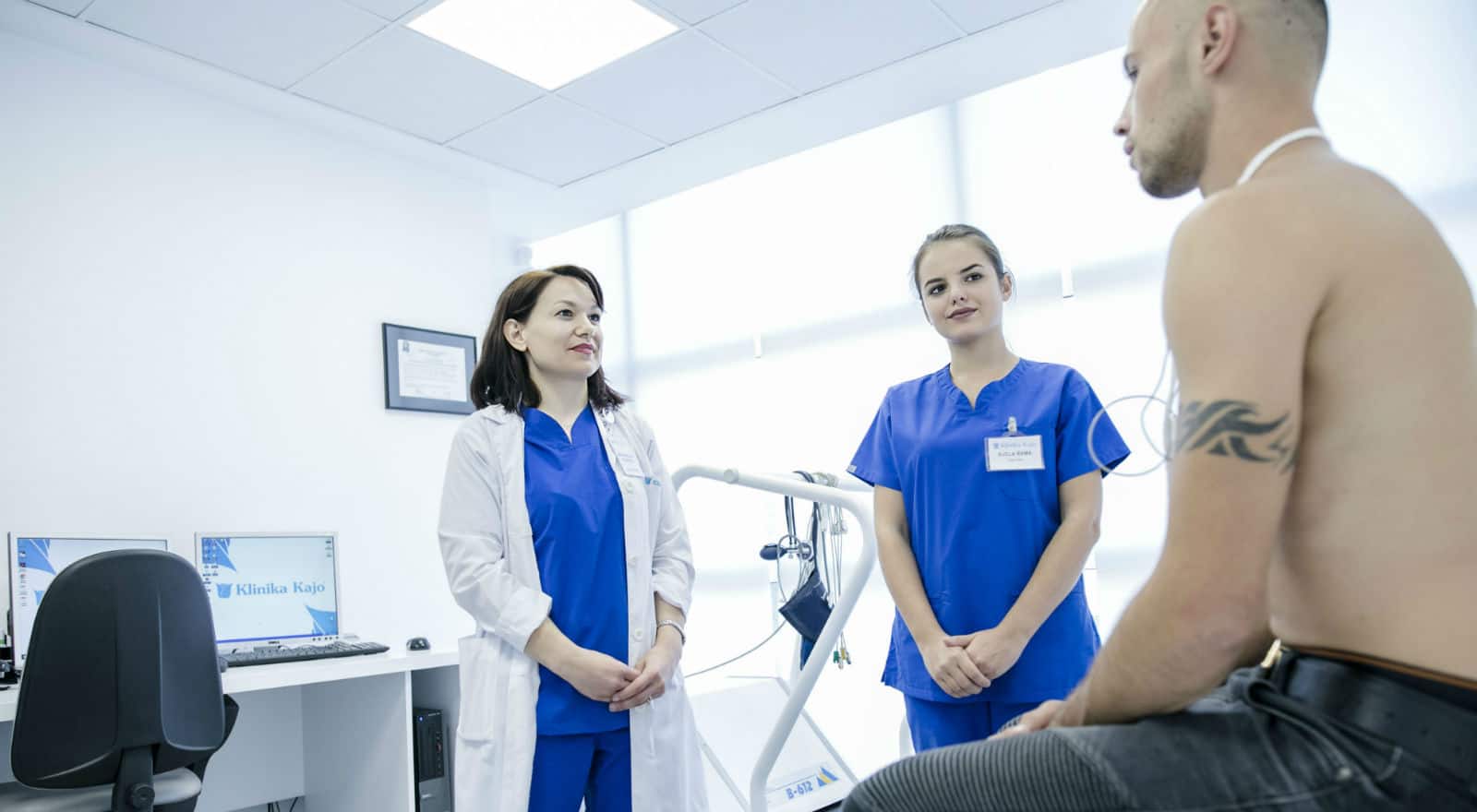
An ECG Holter Monitor is a portable device used to monitor and record your heart’s electrical activity continuously over a specific period, usually 24 to 48 hours, or up to 7 days if recommended by your doctor. Unlike a standard ECG (electrocardiogram), which captures heart activity at a single moment, the Holter Monitor provides a detailed view of your heart's behavior during daily activities.
This device is particularly useful for diagnosing:
Components of the ECG Holter Monitor:
How Does the ECG Holter Monitor Work?
The Holter Monitor records your heart’s electrical signals continuously. After the monitoring period:
How to Use an ECG Holter Monitor 📖
When wearing the monitor, continue your daily activities as usual for accurate results. However, follow these guidelines:
This log helps your doctor correlate specific events or symptoms with changes in your heart’s activity.
Why is an ECG Holter Monitor Important?
Heart rhythm disorders are often unpredictable and may not occur during a routine ECG. The ECG Holter Monitor offers several benefits:
Who Might Need an ECG Holter Monitor? 🩺
Your doctor may recommend a Holter Monitor if you experience:
What Happens After the Monitoring Period? 📊
Key Takeaways 📝
An ECG Holter Monitor offers a detailed and extended view of your heart’s activity, helping your doctor identify issues that a standard ECG might miss. By wearing the monitor and maintaining an accurate activity log, you enable a more precise diagnosis and personalized treatment plan.
This simple, non-invasive test is a vital step in ensuring heart health and improving quality of life. ❤️
Take control of your health—book your appointment for a ECG Holter Monitor today.
DISCLAIMER: The information presented on this page has been intentionally condensed and simplified to make it accessible and easier to understand for the general audience. Its purpose is solely to provide basic awareness and education on the topic discussed. It is important to note that this content is not exhaustive and does not replace or serve as a substitute for professional medical advice, diagnosis, or treatment. Readers are strongly advised to seek consultations with qualified healthcare professionals or specialists for accurate assessment, personalized guidance, and appropriate medical care. Relying solely on the information provided here, without professional oversight, may lead to misunderstandings or inadequate treatment.
Privacy policy
Copyright ©2025 Klinika Kajo. Designed By Vizional